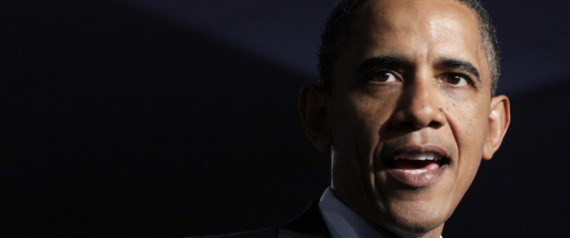
Liberals hit the ceiling after the debt limit proposal – sponsored by president Obama, whom they accused of capitulating – was signed. Paul Krugman, a Nobel Peace Prize winning liberal economist, started the charge against the president for his alleged capitulation and numerous other journalists, intellectuals and democratic congressmen have followed suit.
They accuse the president of losing all the most important battles against Republicans: he did not defend the so-called public option of the health reform; he approved the renewal of the Bush tax cuts on high incomes, which expired at the end of 2010; and, lastly, he has supported an agreement to raise the debt limit that includes only cuts to public spending without increasing fiscal revenues.
At the end of July, in his message to the nation, president Obama used his last political capital to promote an agreement that combined cuts in public spending with the end of tax breaks for big corporations and oil companies. Soon after his speech, president Obama offered his support for Reid’s first proposal, which did not have any increase in public revenue.
Since then president Obama has been compared to Jimmy Carter, synonymous in the U.S. with a weak president. Under the headline “Obama Gives It All Away,” Michael Tomasky states in The Daily Beast that “It’s hard to overstate the extent of the president’s capitulation to the right.” He also adds that “Conservatism will be the thriving force in U.S. politics for years to come.”
However, before we decide if president Obama is a terrible negotiator we should really know what his objectives were when the conversations mentioned above were undertaken. For example, was president Obama’s priority to include a public option to health reform or to just pass a law? When it came to the debt crisis, was his goal to include a tax increase in the agreement or to extend the debt limit past 2012 in order to keep the issue away from his election campaign?
If in reality president Obama shares the same tenets and objectives as liberals, then there is evidence supporting the allegation that he is a weak negotiator, incapable of imposing his terms at the negotiating table. However, if president Obama’s goal, above all else, was to get reelected and he believes that winning over independents is necessary to this end, then his approach might not be too horrible.
His seemingly progressive bent and his quickness in abandoning it in favor of a centrist agreement could be a cold calculation to obtain the support of conservative Democrats and a handful of independents in November 2012.
Additionally, we also have to keep in mind the political context in which all of these negotiations developed. The emergence of the Tea Party and especially its November 2010 victory has pushed the Republican Party to the right and has made it more inflexible to any negotiation with the Democratic Party, a sine qua non condition in order to pass big legislative projects in a political system that requires very broad consensus.

Leave a Reply
You must be logged in to post a comment.